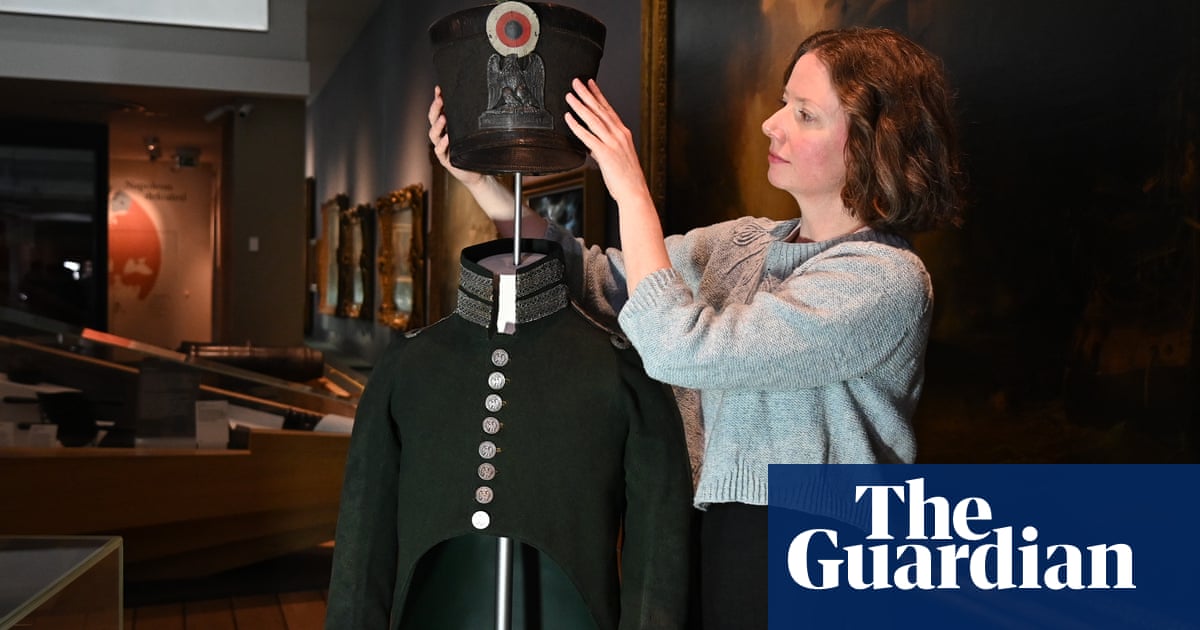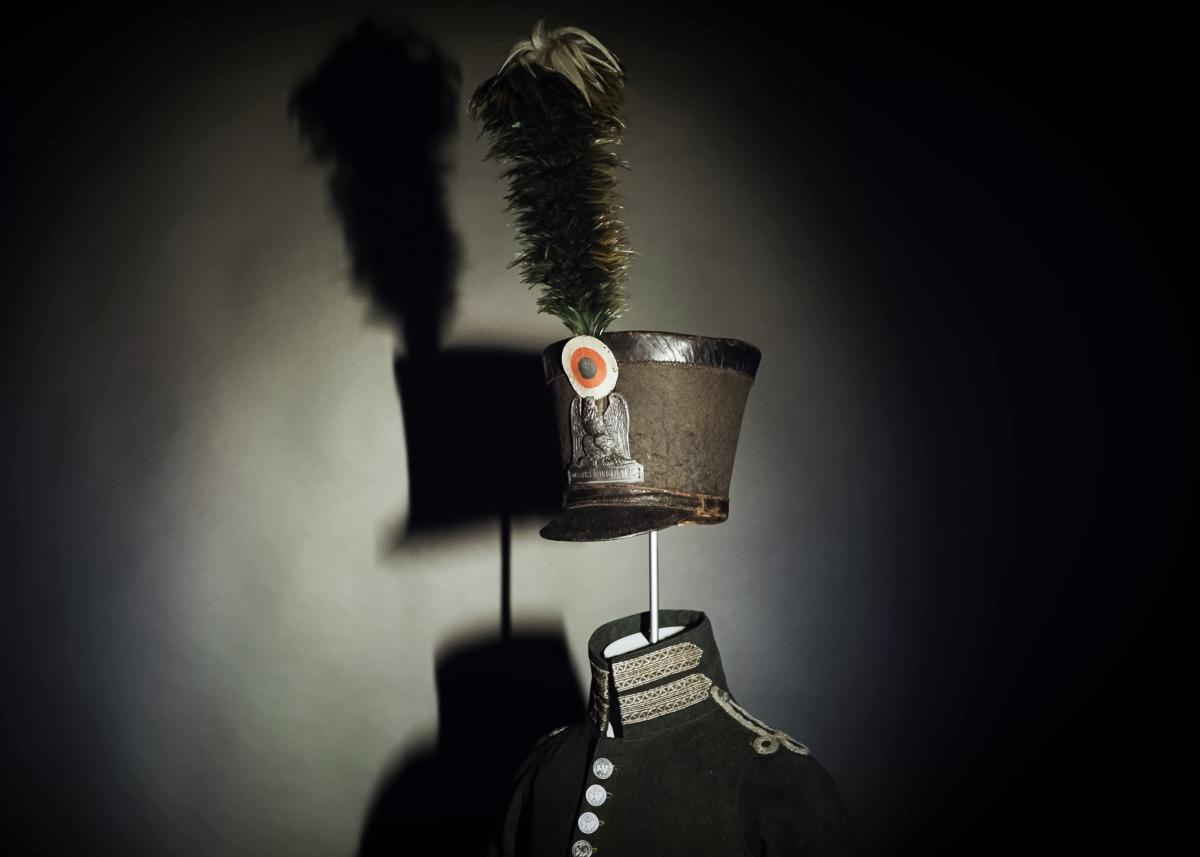A handwritten manuscript detailing the daring escape of a British prisoner of Napoleon’s troops – with the flamboyant French uniform in which he disguised himself as he fled – have gone on display at the National Maritime Museum in London after being carefully preserved for more than two centuries by the prisoner’s descendants.
top of page

bottom of page


Well, the French did it too...
https://gallica.bnf.fr/ark:/12148/btv1b8452227d/f122.item
🙂
There's a book coming out:
Charles Hare’s Great Escape: The Story of a Napoleonic Prisoner of War
Katherine Gazzard
Publisher : Royal Museums Greenwich (July 18, 2025)
Paperback: 96 pages
ISBN: 9781739154257
This is the story of Charles Hare and his audacious escape from the fortress of Sarre-Libre (Sarre-Louis), then part of France, aft er six years as a prisoner of war. Hare was a midshipman in the Royal Navy who had been captured by the French in 1803 at the age of just thirteen. He escaped by impersonating an off icer in the Douanes, the French customs service. Remarkably, the uniform that he wore as a disguise survives and has recently entered the collection of Royal Museums Greenwich, along with a copy of Hare’s autobiographical account of his adventures. Having undergone extensive conservation, the uniform will be on display from October 2024 in the National Maritime Museum’s ‘Nelson, Navy, Nation’ gallery. Through detailed photography and a range of complementary objects, curator Dr Katherine Gazzard tells the deeply personal and unique story of Hare, tracking his dangerous journey across Europe. She also examines the materials and insignia of the uniform and traces the history of the Douanes from their foundation in the French Revolution to their role as an imperial directorate under Napoleon. The book concludes with a consideration of Hare’s experiences within the context of prisoners of war more broadly.
A French prisoner of war in British captivity would definitely never have managed something like that. First, because the British cannot be corrupted under any circumstances, second, because they are completely devoid of any human weaknesses (called 'humanity', by some), anyway. Quod erat demonstrandum.
Certainly a good a potential movie.